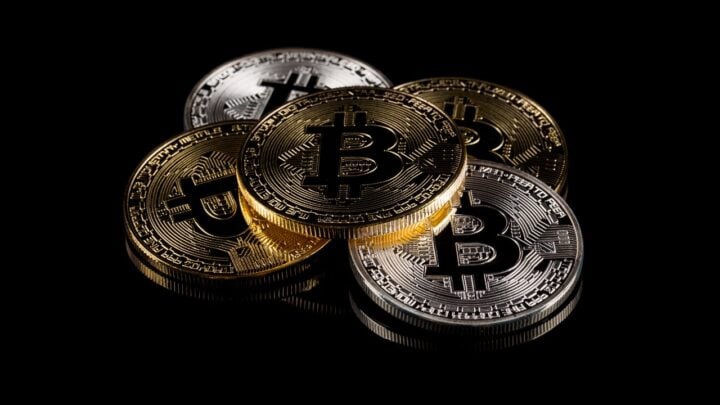The Bank of England (BoE) and United Kingdom Treasury have announced the creation of a joint task force to explore the possibility of creating a central bank digital currency (CBDC) known as “Britcoin.”
The taskforce, launched on Monday, will explore the objectives, use cases, opportunities, and risks of a potential digital currency.
Rishi Sunak, British finance minister, said the BoE and UK Treasury will work together to assess the benefits of a CBDC, at a time when cash payments are generally on the decline, partly as a result of the COVID-19 pandemic.
“We’re launching a new taskforce between the Treasury and the Bank of England to coordinate exploratory work on a potential CBDC,” Sunak told a financial technology (fintech) conference.
Advertisement
“Our vision is for a more open, greener, and more technologically advanced financial services sector.
“And if we can capture the extraordinary potential of technology, we’ll cement the UK’s position as the world’s preeminent financial centre.”
BoE said if the new currency is eventually developed, it would be a new form of digital money for use by households and businesses and could also reduce financial stability risks.
Advertisement
One of the benefits of a digital currency would be as a backup to card payments if cash payments continue to drop in the years to come
Asides UK, other central banks are also looking at whether to set up digital versions of their own currencies.
Today Chancellor @RishiSunak announced a new HM Treasury and @bankofengland taskforce to explore a UK central bank digital currency. #UKFW21
Read more: https://t.co/ZZQ9yUozKu pic.twitter.com/JHiarZyBDP
Advertisement— HM Treasury (@hmtreasury) April 19, 2021
Currently, only the Bahamas has such a currency, though China is trailing it in several cities.
Advertisement
Sweden has indicated it could have its own digital currency by 2026, while the European Central Bank says it was studying an electronic euro to complement banknotes and coins but might be created within four years.
On April 1, the Eastern Caribbean became the world’s first currency union to issue its own digital currency—DCash for use on four island countries: St Lucia, Grenada, Antigua, and Barbuda, and St. Kitts and Nevis.
Advertisement
Andrew Bailey, BoE governor, had said that bitcoin, the world’s biggest cryptocurrency, fails to act as a stable store of value or an efficient way to make transactions, making it ill-suited to serve as a currency and a risky bet for investors.
On Sunday, bitcoin nosedived to $54,942 after a record high of nearly $65,000 on April 14.
Advertisement





